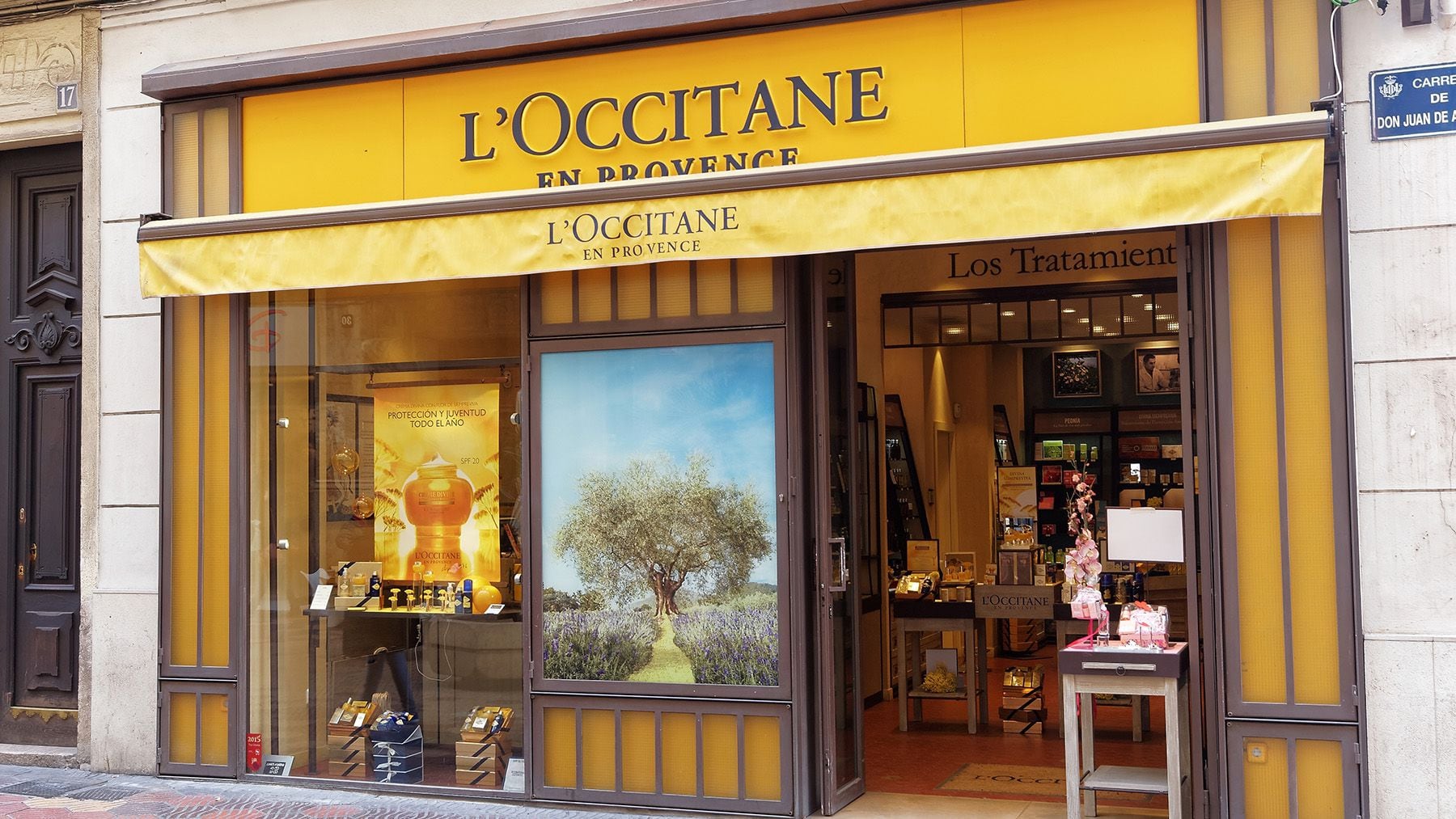
L’Occitane International SA’s billionaire owner Reinold Geiger and Blackstone Inc. are nearing a deal to take the skincare company private, people familiar with the matter said, potentially ending its 14-year run on Hong Kong’s stock exchange.
The world’s largest alternative asset manager may provide debt financing for the buyout, the people said, asking not to be identified as the information isn’t public. An announcement may come as soon as in the coming days, they said. Trading of L’Occitane was suspended in Hong Kong on Tuesday, pending announcement related to takeover codes.
While deliberations are at an advanced stage, they could still be delayed or even fall apart, the people said. A representative for Blackstone declined to comment, while L’Occitane didn’t immediately respond to a request for comment.
Blackstone has been considering a bid for L’Occitane and has conducted preliminary due diligence, Bloomberg News reported in February. The company has a market value of about HK$43.6 billion ($5.6 billion). A vehicle ultimately controlled by L’Occitane Chairman Geiger owns more than 70 percent of the company, exchange filings show.
L’Occitane was founded in 1976 by Frenchman Olivier Baussan, who started out making essential oils from plants like lavender in the Provence countryside and selling them at local markets. Geiger became a minority shareholder in 1994, but has said the company’s poor performance prompted him to start working there in a bid to safeguard his investment.
He expanded L’Occitane globally, saying he decided to move into Asia after being impressed by the region’s work ethic. Initially, the strategy went so badly that his auditor warned the poor results could put the whole company in jeopardy. The retailer was listed in Hong Kong in a 2010 initial public offering and now has eight brands and some 3,000 locations in 90 countries. Yet it earns only about one-third of its revenue in Asia, while the Americas is its fastest growing region.
L’Occitane is facing an increasingly challenging market in China, where global brands such as L’Oréal SA and Estée Lauder Cos. are rolling out frequent discounts to compete for a larger market share, and where domestic brands are rising on the back of nationalism.
While China was the brand’s top market by sales in financial years 2021 and 2022, it was surpassed by the US last year. The group has also seen declining profits in recent years. In the financial year through March 2023, L’Occitane’s profit plunged 51 percent from a year earlier, while in the six months through September, profit fell 38 percent.
By Ruth David, Vinicy Chan, and Dong Cao
Learn more:
Billionaire Geiger Shakes Up L’Occitane as Blackstone Eyes Firm
Billionaire Reinold Geiger is making a renewed push to take global cosmetics firm L’Occitane International SA private, the strongest indication yet that a succession plan is underway.



